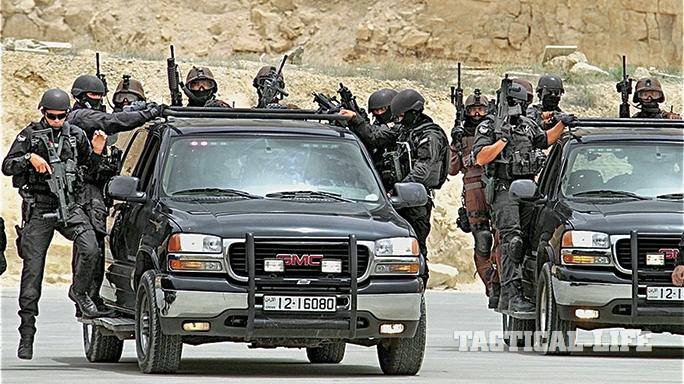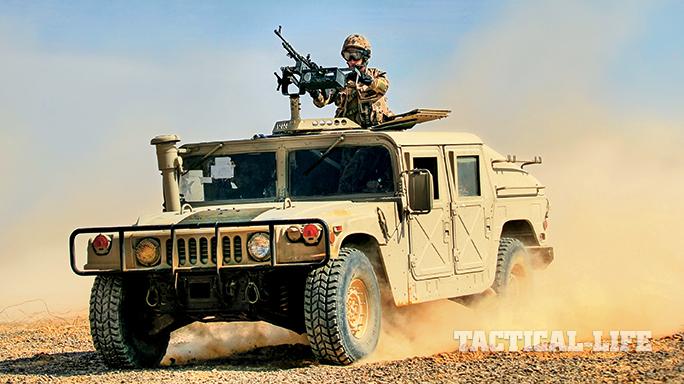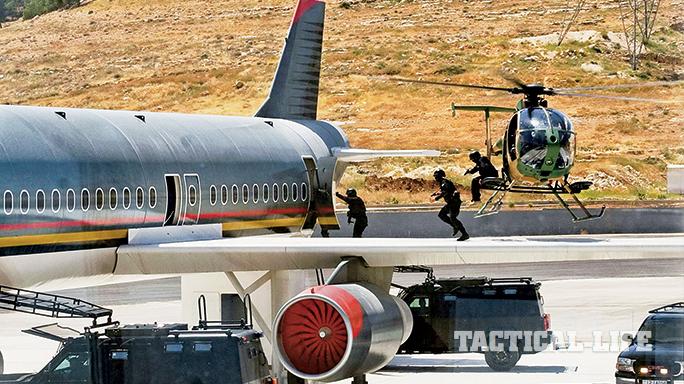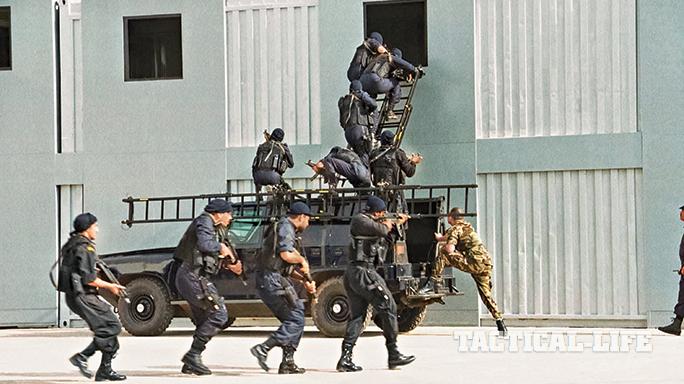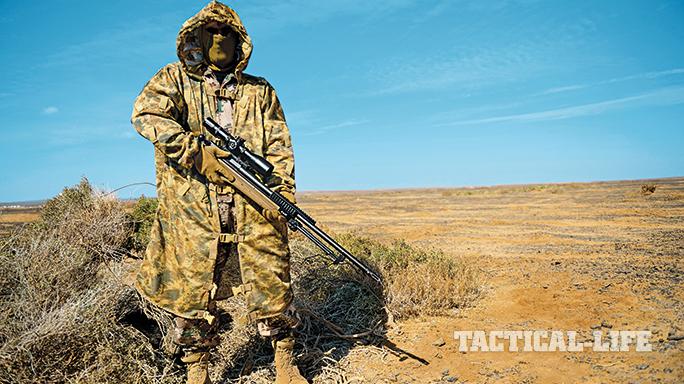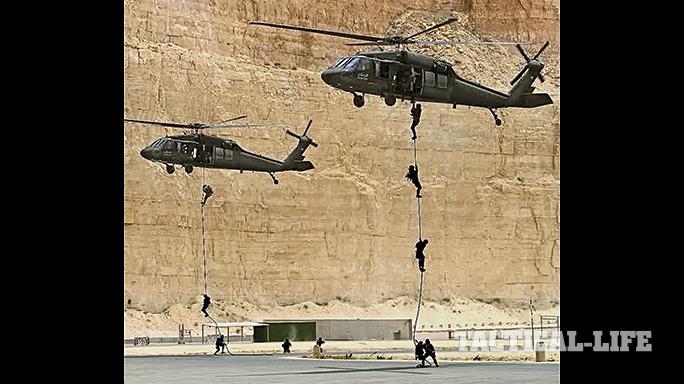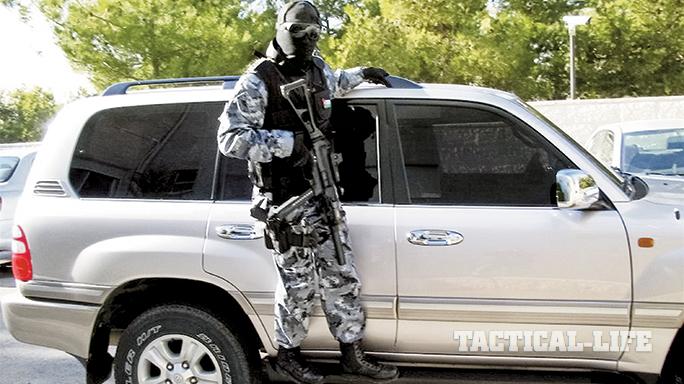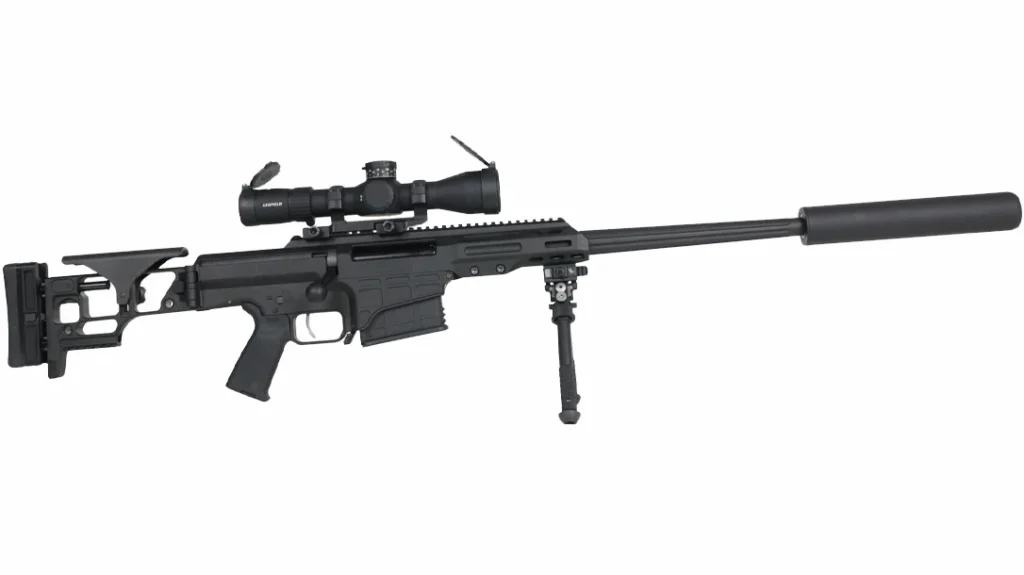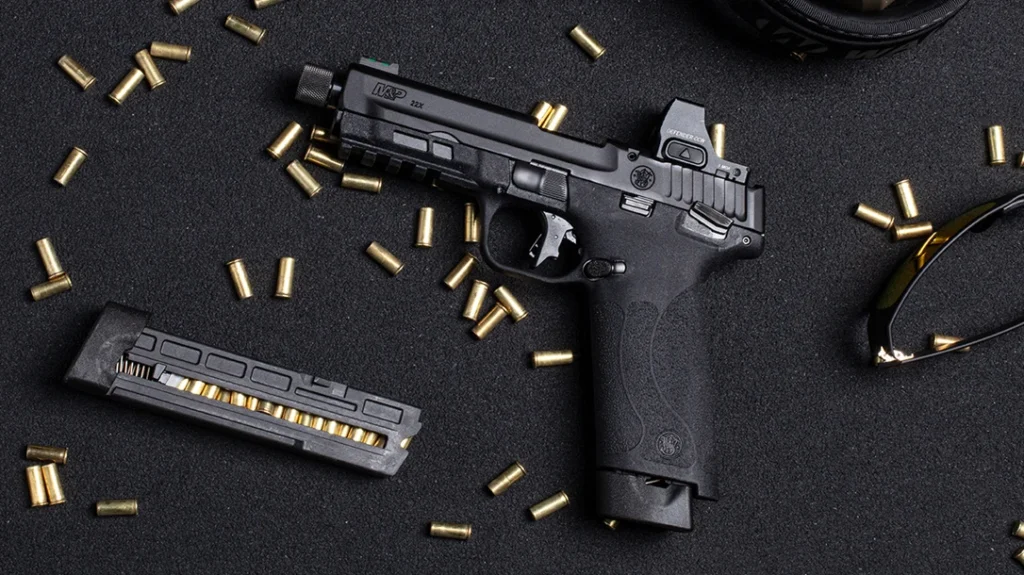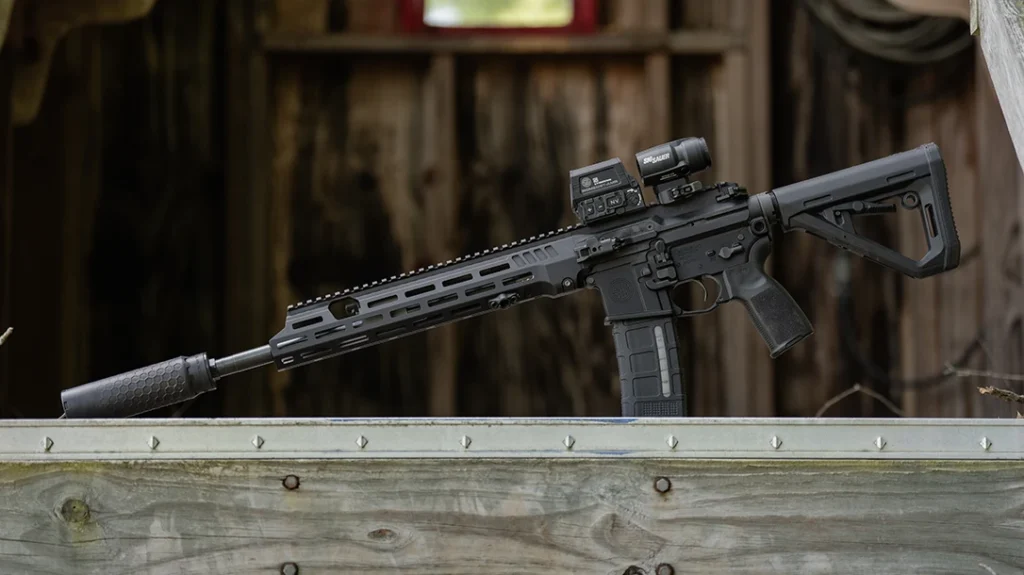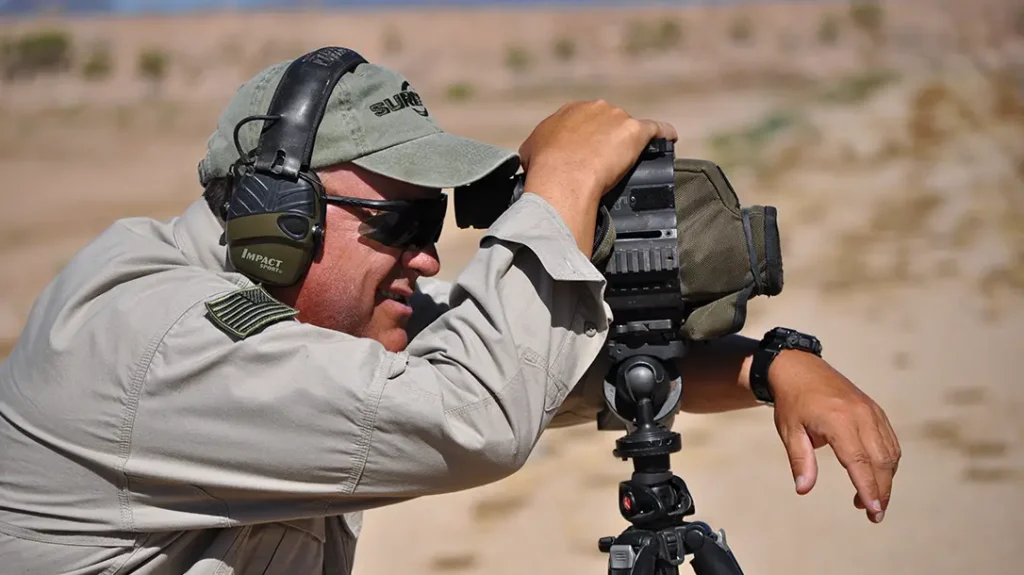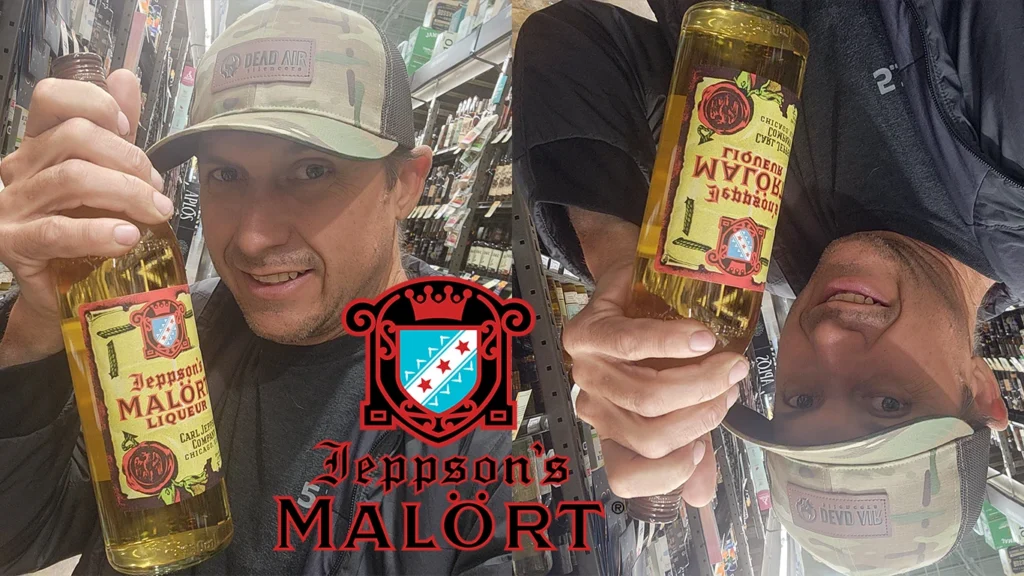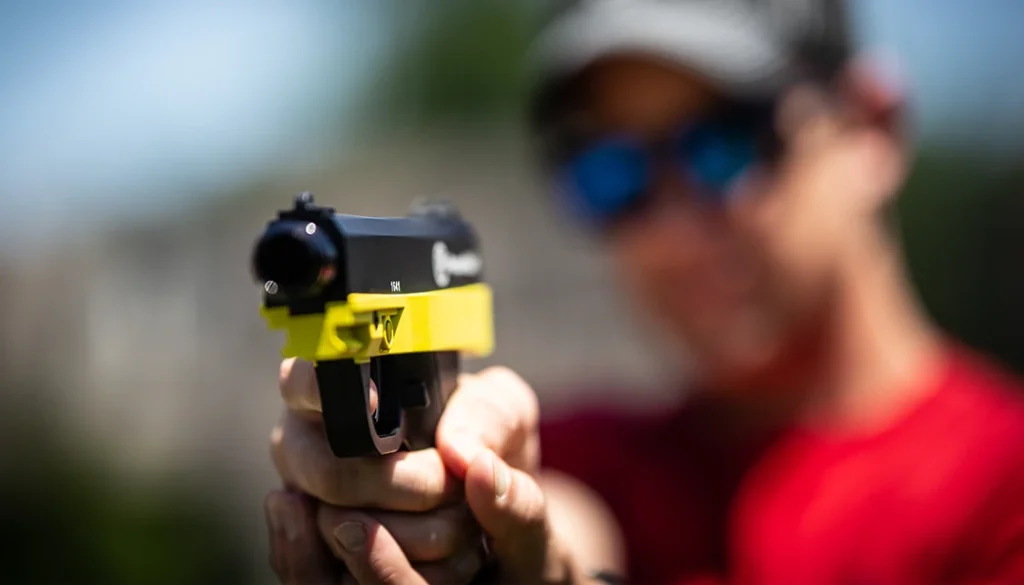In the case of the Hashemite Kingdom of Jordan, funding for special operations units is not a problem. That’s because the king is the former commander of the unit and a strong believer in the value of highly trained special operations troopers. In fact, Jordan sponsors one of the world’s foremost special operations gatherings, the Special Operations Forces Exhibition & Conference (SOFEX), which is held every other year at the King Abdullah I Air Base in Marka, Jordan. The most recent SOFEX took place in May of 2014. Reportedly, when Abdullah II became king, one of his great disappointments was that he would no longer be allowed to carry out parachute jumps!
- RELATED: Guns of the Elite: 160th SOAR Night Stalkers
- RELATED: Guns of the Elite: A Look at the JWK Polish Commandos
Jordan’s special operations forces trace their beginning to April 15, 1963, when King Hussein ordered their creation with the missions of reconnaissance, counterterrorism, combat search and rescue (CSAR), raids and protection of important facilities. In the tradition of special operations units that operate in a desert environment, Jordanian operators are also trained to operate behind enemy lines and attack supply lines.
Jordan’s Elite
Advertisement — Continue Reading Below
Initially formed as a parachute company, as the unit received more advanced training and its mission widened it became a brigade by the 1980s. Within the brigade were airborne, special forces and counterterrorist units. One of the most pro-Western Arab countries, Jordan has faced extensive external threats and some internal ones, though the population is generally loyal to King Abdullah. As a result, the current Jordanian Joint Special Operations Command (JSOC) is organized into three brigades: the Special Forces Brigade, which handles an array of special operations missions and includes the Counterterrorist Battalion (SOU-71), which handles hostage rescue and other counterterror missions, and the Combat Search and Rescue Battalion; the Ranger Brigade, which carries out missions similar to U.S. Army Rangers, though with more focus on internal counterinsurgency operations; and the Special Operations Aviation Brigade, which gives the Jordanian special operators specifically trained pilots for insertions.
There is also the 61st Special Reconnaissance Regiment, which is part of the Royal Guard Brigade. In fact, the entire Royal Guard Brigade comes under operational control of the JSOC. Descended from the famous Arab Legion, the Royal Guard Brigade has a long and storied history. Some members of the Royal Guard and special forces are descendants of the raiders who fought the Turks alongside Lawrence of Arabia. Along with various support units, JSOC also includes a Civil and Military Affairs Company with a psychological warfare capability.
Among specific missions carried out by the Jordanian JSOC are raids on key enemy installations, strategic recon, rescue of POWs or evacuation of civilians, organizing and training guerrillas, search and rescue, assistance to friendly Arab nations, counterterrorist operations, interdiction of infiltration and smuggling (especially along the Iraq border), internal security, dignitary protection, training of other Jordanian armed forces units, training for Jordanian law enforcement, training for officers and NCOs from other friendly countries, participation in joint training with other countries and participation in United Nations missions. Note that the various training and assistance missions carried out by the JSOC are very important, as the Jordanian operators are among the best-trained in the Middle East and as Arabs can work closely with many other Middle Eastern countries that might not welcome Western special forces operators. Among the countries that have received training from Jordanian special operators are Algeria, Bahrain, Iraq, Kuwait, Lebanon, Morocco, Oman, Qatar, Saudi Arabia, the UAE and Yemen.
Advertisement — Continue Reading Below
Making The Grade
Those candidates for the Jordanian JSOC must first pass a series of physical and mental tests. They then move onto a one-month basic course designed to weed out those without the physical or mental stamina to succeed in the unit. Those who complete this basic selection then undergo a 10-week Ranger course and a four-week basic parachute course.
Individual operators then take various other courses to prepare them for their missions. These can include jump master, free-fall parachuting, pathfinder, land navigation, urban warfare and internal security, tactical air control, combat medicine, amphibious operations, special forces methods and operations, small-unit tactics, demolitions, sniping, combat shooting and various others. JSOC also places great stress on individual close-combat skills. As a result, trainees take a 24-week course in Tae-Kwon Do or Brazilian Jiu-Jitsu. Sijal is another martial art operators learn. It is basically the Jordanian version of Krav Maga and is taught in an eight-week course. Use of the blade is strongly stressed as well. Traditionally, the Jordanian Special Forces have had good relations with the ROK Special Forces so it is likely that Tae-Kwon Do instructors have received a high level of training. Once Jordanian operators are full-fledged members of the unit, they wear maroon berets.
Advertisement — Continue Reading Below
Guns & Gear
One advantage of SOFEX being held in Jordan is that members of JSOC get a chance to see and try the latest weaponry. For their rifles the Jordanians use the HK416 and G36 as well as the U.S. M4. For submachine guns, they use the HK MP5 (including MP5SDs), UMP and MP7. The desert environment in Jordan lends itself to long-range shooting, which is reflected by the number of sniping rifles available to operators. These include the Sako TRG-22 in 7.62mm, Sako TRG-42 in .338 Lapua, the Accuracy International L115A1 in .338 Lapua and a 7.62mm DPMS Panther rifle. At least some Russian VSS suppressed sniper rifles are available as well. For anti-materiel rifles they use the Barrett M82A1 and M95, the Accuracy International AS50 and the McMillan TAC-50, all in .50 BMG. To the best of my knowledge the only shotgun used is the Benelli M4.
Handguns available include the HK USP, Sig P226 and Glock 17 and G19. Heavier support weapons include the FN Minimi, the FN M240 and the M60E3 medium machine guns; the Browning M2HB heavy machine gun; the M203, Mk 19, HK GMG and Milkor MGL 40mm grenade launchers; the M41 ITAS, FGM-148 Javelin and AT-14 Kornet anti-tank missile launchers; SA-24 surface-to-air missiles; and Brandt 120mm and M224 60mm mortars. Among the light vehicles available to JSOC are Humvees, Desert Iris light utility vehicles, Al-Thalab long-range patrol vehicles, Dodge RAM 2500s and LTATVs. The counterterrorist unit has Land Rovers equipped with ladders for rapid access to windows or aircraft.
Advertisement — Continue Reading Below
Aircraft used by the Jordanian Special Operations Aviation Brigade include the CASA CN-235 configured as a fixed-wing gunship to perform tactical support missions, as does the USAF AC-130 gunship; the UH-60L Black Hawk; the MD 530F light helicopter, with missions similar to the United States’ “Little Birds;” and the Eurocopter EC635.
Top Training
Naval Special Warfare capability rests with the 77th Marine Reconnaissance Battalion of the Jordanian Navy and members of JSOC who are scuba qualified (including King Abdullah, who is a qualified combat swimmer). The 77th Marine Reconnaissance Battalion is organized into two surveillance companies. The Jordanian Navy does maintain eight rigid-hulled inflatable boats (RHIBs) for special operations usage as well as some other small boats. The 77th Recon trains frequently with the U.S. Marines and in one exercise during Eager Lion 2012, U.S. Marine Recons, Jordanian 77th Recons and Saudi Special Naval Forces practiced landings on Jordanian beaches and seizures of positions in mountainous terrain. It was not lost on observers that the terrain resembled that of Iranian-controlled islands in the Gulf of Hormuz.
Advertisement — Continue Reading Below
At least partly due to the influence of King Abdullah, Jordanian operators have had a chance to train with virtually every top-flight special operations unit in the world, either in Jordan or abroad. The unit has especially good relations with the U.S. Navy SEALs, U.S. Army Special Forces and U.S. Marine Corps Recons and MARSOC, as well as the British SBS and SAS. Reportedly, Jordan also maintains contacts with Israeli special operations units.
Jordanian special operations personnel are highly regarded in the world’s special operations community. They may well get a chance to prove this in combat, for as I write this, with ISIS threatening Iraq and the surrounding countries, it has been said that many operators of the Jordanian Special Operations Command have been deployed along the border. They will likely prove a far more formidable enemy than ISIS has faced so far.
